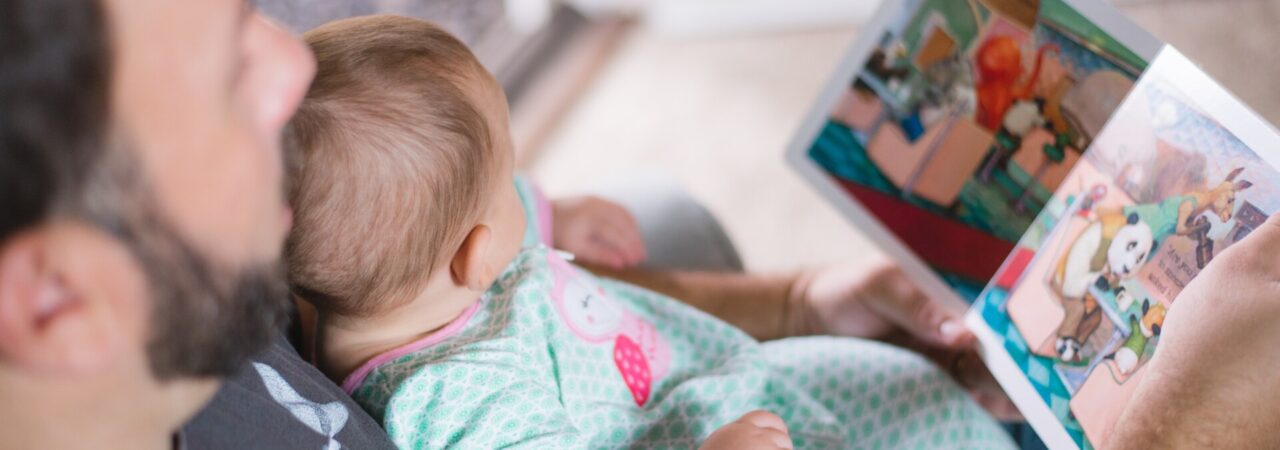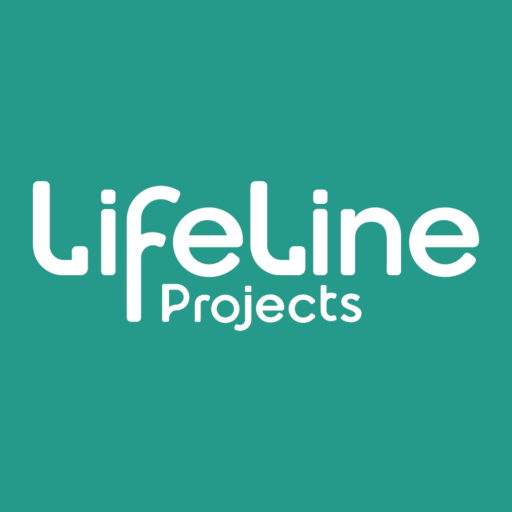The Early Help Collective is an initiative funded by the London Borough of Barking and Dagenham to provide guidance and support to parents. LifeLine Projects is working alongside six other organisations—Carers’ Hub, DABD, MIND Havering, Barking and Dagenham, the Sycamore Trust, Safe Families, and So, He Cares—in the Collective to answer parents’ questions, signpost them to helpful services, bring them together to support each other, and support their mental health.
Stephen, our Senior Family Support Worker, spoke to us about his experiences supporting a young woman through the programme.
When I first met Sandra†, it was on a cold winter morning at her overcrowded home. While she welcomed me warmly, the cold in the house was immediately noticeable. I mentioned this to her and she said that the boiler was broken—I don’t know why but my instinct told me it was more likely she couldn’t afford to keep the heating on.
Her place was very tidy and clean, but the building had serious issues—notably mould. Making things worse, her cooker and extractor fan weren’t working either.
Sandra was a single mother of seven. She was trying her best, but the situation was truly overwhelming. When I visited, I found English wasn’t her first language—thankfully, her boyfriend was there to help us communicate.
I was there to assess her needs and ask about the challenges she faced. Sandra was open and honest, sharing that her biggest concern was the mould, which was making her children sick. She had been living in these conditions for a long time without any help, but fortunately, her health visitor had recommended LifeLine Projects.
She told me about her background—how she grew up abroad and moved to the UK as a teenager with her family. The move left her isolated at a time when she really needed friends. Her English was never strong enough to find a job, and she had her first child at a young age.
After moving to East London, her focus was entirely on her children and their living situation, leaving her little time to improve her English skills. That’s when we decided to enrol her in a local Creative English class—a programme developed by our FaithAction for teaching simple English while building confidence and bringing learners together .This was the turning point.
At the classes, Sandra met other women from similar backgrounds, and for the first time, she felt a sense of belonging and community. She attended every week because it gave her a new support system and made her feel at home.
Once Sandra gained some confidence in English, we tackled her housing issue. I wanted her to feel strong enough to challenge officials and not be taken advantage of. We set up a meeting with the housing officer, and it went well. Sandra was able to understand the advice she was given, which was a great step forward.
We made sure not to rush anything—we took everything slowly step by step. Trying to force things can lead to failure and erode trust. And most importantly, I didn’t want Sandra to feel like she was just another person going through us on a conveyor belt.
To be honest, I feel like she did all the hard work—I was just there to support and guide her; like a coach for a determined athlete. Within nine months, she and her family were moved into a bigger, brand-new home. When I visited them afterward, I saw a family that was happy, settled, and healthy.


Theo, Youth Development Worker
Lorem ipsum dolor sit amet, consectetur adipiscing elit. Ut elit tellus, luctus nec ullamcorper mattis, pulvinar dapibus leo.
The most remarkable change in Sandra came in her communication skills. As she learned more English, she began to open up more and more and this had a tremendous effect on her wellbeing. It was like she had truly come alive—she was constantly learning new things and building a support network of her own, especially one outside of her family.
This newfound strength has transformed her—I wouldn’t be surprised if, when her youngest child starts school, she comes back to me to ask about finding a job.
I can only imagine how different things might have been if she had met someone from LifeLine when she was just 17.
I wish her all the best.


Stephen Callender
Senior Family Support Worker



